My times, they are changing, that is, because I need them to. I am testing some cases involving a scheduler I use and this involves behavior around transitions to and from daylight saving time.
The Code
From this post I got a working method that enables me to change the system date programmatically (reposting most of the code):
[StructLayout(LayoutKind.Sequential)]
public struct SYSTEMTIME
{
public short wYear;
public short wMonth;
public short wDayOfWeek;
public short wDay;
public short wHour;
public short wMinute;
public short wSecond;
public short wMilliseconds;
}
[DllImport("kernel32.dll", SetLastError = true)]
public static extern bool SetSystemTime(ref SYSTEMTIME st);
and for my own convenience I am just wrapping that in this function that I actually call:
public static void SetSytemDateTime(DateTime timeToSet)
{
DateTime uniTime = timeToSet.ToUniversalTime();
SYSTEMTIME setTime = new SYSTEMTIME()
{
wYear = (short)uniTime.Year,
wMonth = (short)uniTime.Month,
wDay = (short)uniTime.Day,
wHour = (short)uniTime.Hour,
wMinute = (short)uniTime.Minute,
wSecond = (short)uniTime.Second,
wMilliseconds = (short)uniTime.Millisecond
};
SetSystemTime(ref setTime);
}
The additional conversion to Universal Time is necessary, otherwise I don't get to see the date I passed to the method in my clock (down in the task bar).
Now this works fine considering this code for example:
DateTime timeToSet = new DateTime(2014, 3, 10, 1, 59, 59, 0);
Console.WriteLine("Attemting to set time to {0}", timeToSet);
SetSytemDateTime(timeToSet);
Console.WriteLine("Now time is {0}, which is {1} (UTC)", DateTime.Now, DateTime.UtcNow);
Thread.Sleep(TimeSpan.FromSeconds(5));
DateTime actualSystemTime = GetNetworkTime();
SetSytemDateTime(actualSystemTime);
The method GetNetworkTime is actually just grabbed from over here, so I can set my clock back to the "real" time after testing, you can ignore it for this question's sake.
Example output #1
That does, what you'd expect (German DateTime formatting, don't get confused):

And in the task bar I also see what I expect:

Example output #2 (Transitioning to daylight saving time)
But now to the weird part: Switch the first line of the calling code for
// one second before transition to daylight saving time in Berlin
DateTime timeToSet = new DateTime(2015, 3, 29, 1, 59, 59, 0);
Now the command line output actually seems to satisfy what we'd expect to see:

But then we take a look down to the right of our task bar and enter frowny land and see a time that should actually not exist for that day:

Example output #3 (Transitioning out of daylight saving time)
Now, the funny thing is, when I try the same thing for the second before the transition out of daylight saving time, the change gets "accepted" (switching first calling code line again):
// one second before transition out of daylight saving time in Berlin
DateTime timeToSet = new DateTime(2014, 10, 26, 2, 59, 59, 0);
We see what we'd expect in the command line output:

also in the task bar clock:

But this story also has a sad ending, let one second pass and you would expect the clock to show 2 'o clock, but instead:

Which is a time that should actually occur one hour later on that particular day (if you switch the time manually in windows this transitions as expected).
The Question
Now, what am I missing here, why can't I target the second before transition to daylight saving time and why don't I see the transition out of daylight saving time when I do the DateTime-changes programmatically this way?
What do I need to add/set so I can?